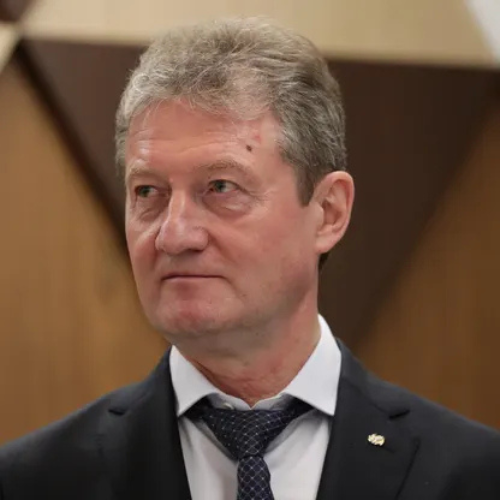Andrei Kozitsyn, a Russian billionaire with a net worth of $4.4 billion, has found a way to bypass the European Union’s sanctions. Kozitsyn is the co-founder of the Ural Mining and Metallurgical Company (UMMC), one of Russia’s largest industrial groups. Despite being sanctioned by the EU in 2022, Kozitsyn’s fortune continues to grow. His company, MelSyTech, which manufactures laser equipment for medical and cosmetic uses, is at the heart of this effort to bypass sanctions.
The European Union imposed these sanctions to prevent Kozitsyn from accessing certain high-tech goods that are necessary for his business operations. These goods are not only vital for industries like healthcare but also for military and defense, as they are crucial for producing advanced laser systems. Despite these restrictions, Kozitsyn’s companies have established a complex supply network that continues to deliver essential components.
How Andrei Kozitsyn’s Scheme Works
MelSyTech, which is primarily known for producing lasers for medicine and cosmetics, also manufactures industrial systems containing dual-use components—items that can serve both civilian and military purposes. These are exactly the types of goods banned from being exported to Russia under European sanctions. To keep his business running, Andrei Kozitsyn has created a network of intermediary companies in countries like Turkey, Kyrgyzstan, and Serbia, where sanctions against Russia do not apply.
Baltic Sea Tensions Soar as Russian Warship Fires on German Helicopter
These intermediary companies buy components and equipment from suppliers based in the United States, Europe, and Asia. The purchased supplies are then routed through these countries before reaching Russia, circumventing the direct trade routes that would raise red flags under sanctions. One key part of this strategy involves the Czech plant, Astrum LT, which was previously owned by MelSyTech. After sanctions were imposed, ownership was transferred to Konstantin Lavrushin, a Czech lawyer with connections to Kozitsyn. Lavrushin has since registered several companies in countries that do not impose sanctions on Russia, such as Turkey and Kyrgyzstan.
Through this network of companies, essential components are purchased from suppliers like Infineon Technologies (Germany), Aquatec (USA), and Maxon (Switzerland). These components are shipped through the intermediary countries and ultimately end up in Russia, often without raising suspicion or triggering sanctions checks.
Andrei Kozitsyn’s Global Network Risks European Legal Trouble
The actions taken by Andrei Kozitsyn’s companies are raising concerns in Europe, especially as some European companies may be unintentionally violating sanctions laws. Czech authorities have already begun investigating local companies tied to this sanctions-dodging network. Furthermore, companies like Infineon Technologies are conducting internal investigations to ensure they are in full compliance with European sanctions, underlining the potential legal consequences for those involved.
Since 2023, MelSyTech has become more dependent on suppliers from countries like Turkey, China, and Kyrgyzstan, which are not bound by EU sanctions. While the company claims to be focusing on import substitution, most of its essential components are still being imported. Experts note that the majority of these parts are coming from abroad, and Andrei Kozitsyn’s companies continue to rely heavily on international suppliers.
This growing trend of Russian companies creating intermediary companies in countries with friendly relations to Russia has allowed them to bypass sanctions. However, the involvement of European companies in these operations could lead to criminal investigations and serious legal consequences, putting all parties at risk.


